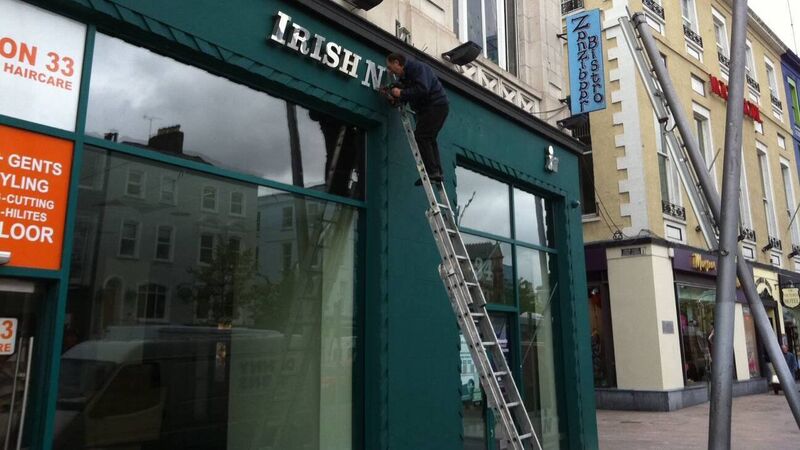IBRC liquidators secure witness orders in Fingleton case

The involvement of Irish Nationwide’s Belfast office in the increased lending to the United Kingdom between 2004 and 2008 will form part of the action against Michael Fingleton.
The liquidators of the Irish Bank Resolution Corporation (IBRC) have secured orders providing for the issuing of a request to examine three witnesses under oath at the High Court in Northern Ireland.
The subpoena request will be sent by the Dublin High Court to its Belfast counterpart concerning three former employees of Irish Nationwide Building Society — David Peacock, Tony Haren and David Hewitt.












